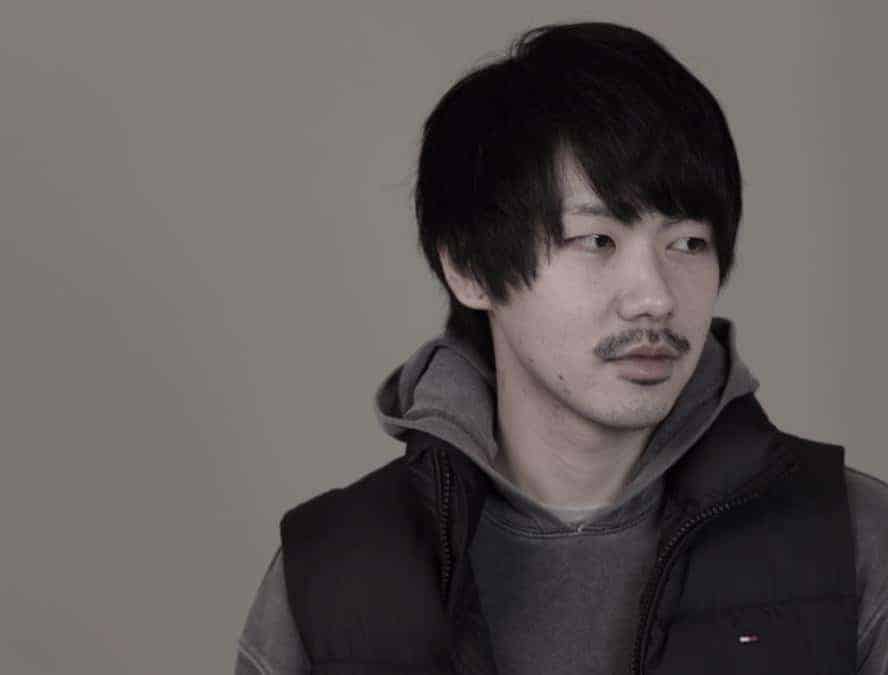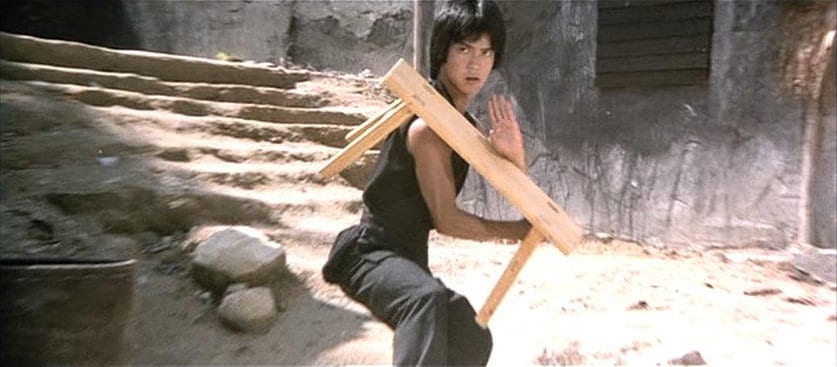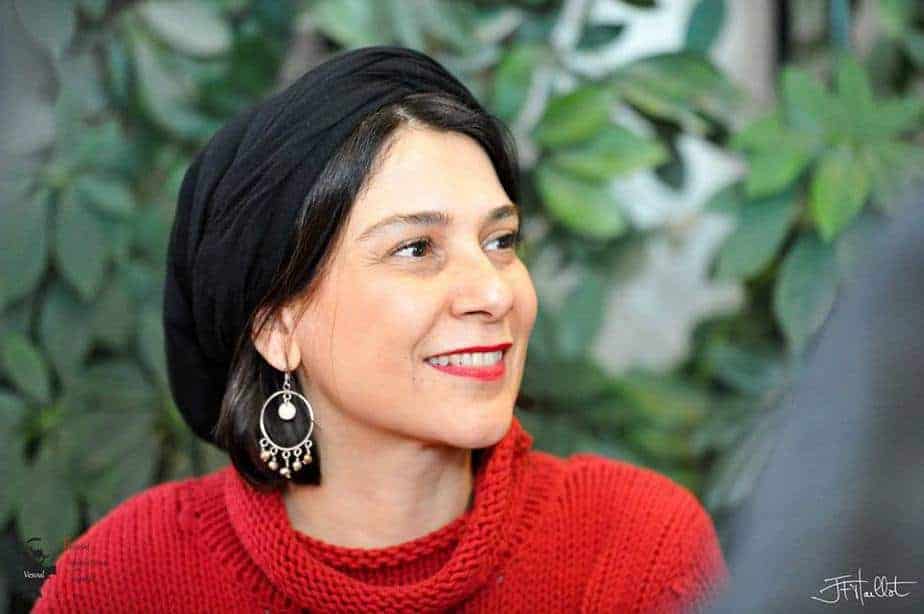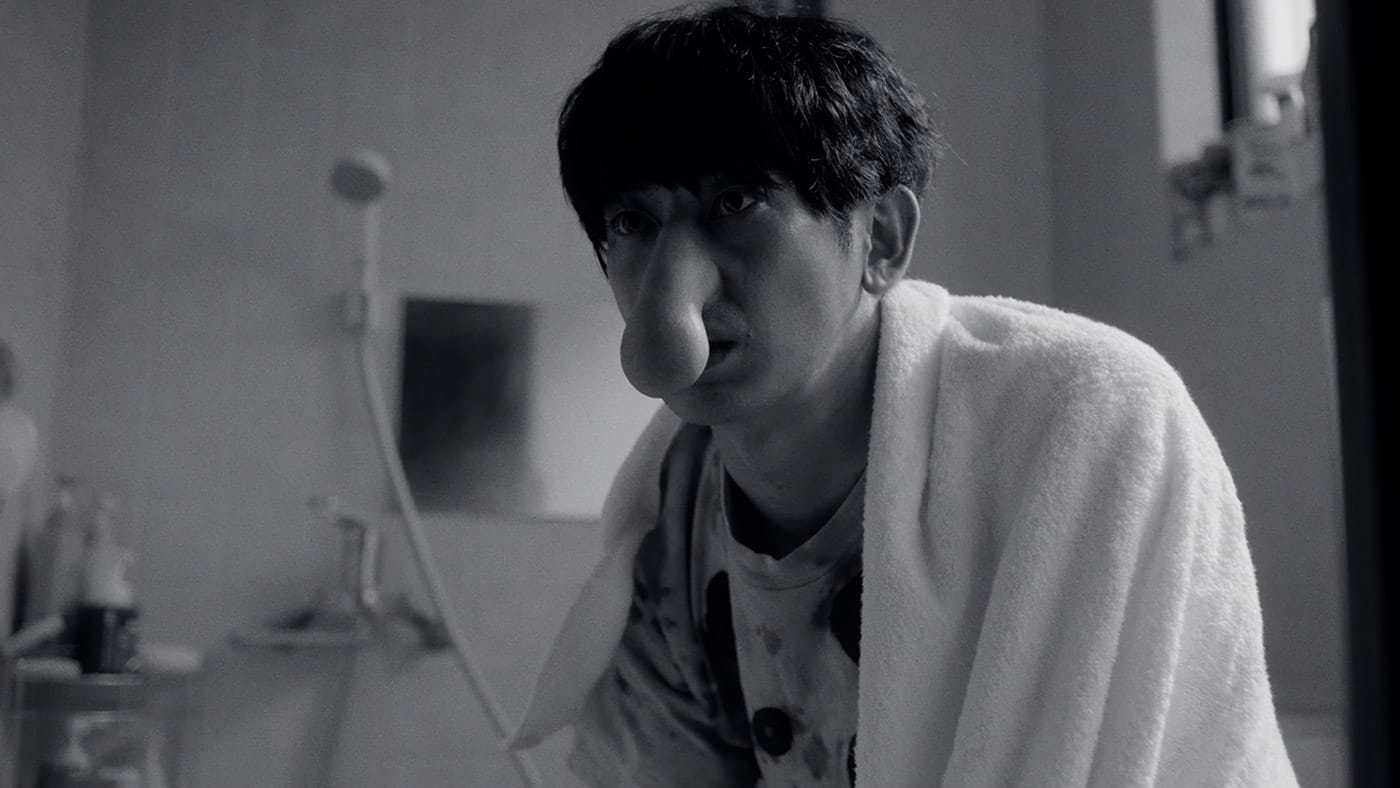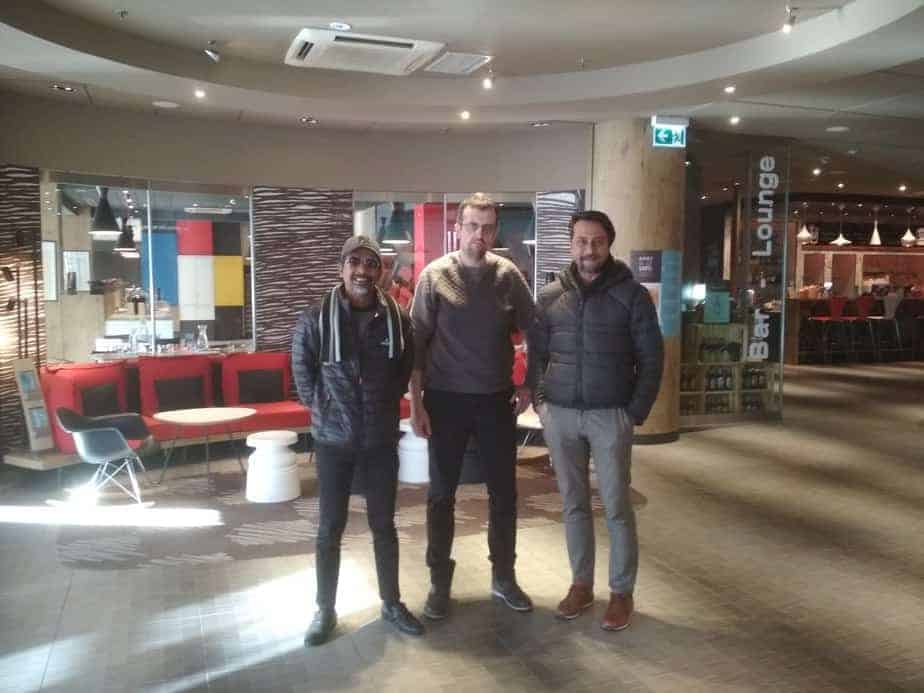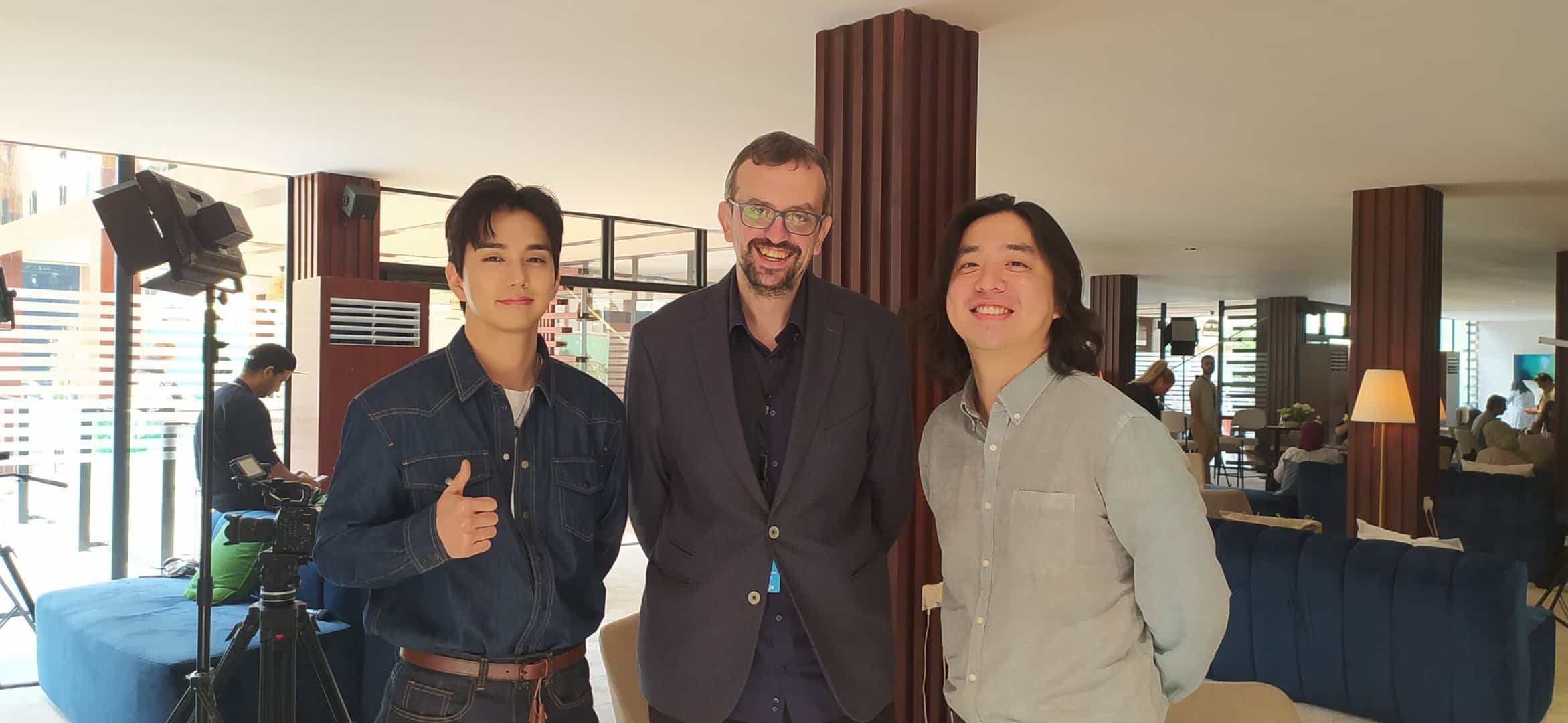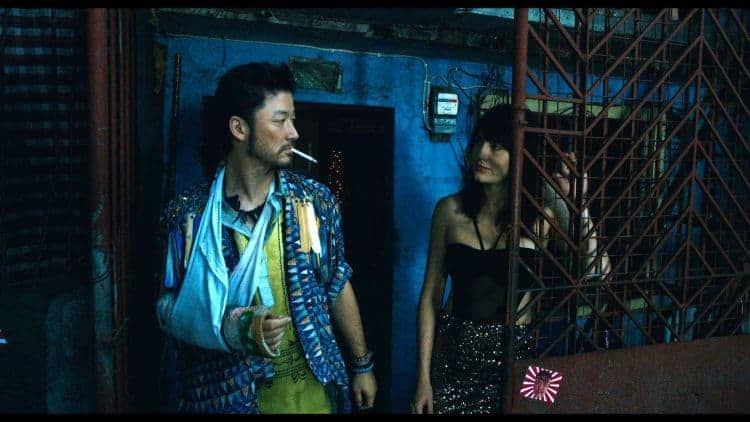The interview took place on December, 2017.
Yusaku Matsumoto was born in Kobe in 1992. He entered the Osaka Visual Arts College and started directing commercials when he was 21. He is also the director of Extreme VR. “Noise” is his film debut and was officially invited to the 41st Montreal World Film Festival and 25th Raindance Film Festival. We speak with him about the film, Akihabara, extreme crimes and the motives behind them, Kokoro Shinozaki and other topics.
The film uses the Akihabara Massacre as its base, and I read that you have a personal connection to the incident. Could you tell us a bit about that?
At the same time of the Akihabara indiscriminate killing case, a friend of mine, a high school student committed suicide. Suicide with suicide. Although these two events are completely unrelated, I felt there was a link to the junior high school student. That was the incentive that led me to deal with this incident.
Furthermore, this incident motivated me to research previous indiscriminate killings. And it was through this research that I realized such crimes were not exclusive to Japan and happened all around the globe. I also discovered that most of the perpetrators imitated previous crimes they had seen in movies or novels containing revenge violence. A random killing in Ikebukuro in 1999 had a great impact on me. The perpetrator, Zouda, actually envisaged himself as the main character of the novel, “A Map of a Nineteen Year-Old.” After his arrest, a note with a passage from the novel was found in his room. This piqued my curiosity. I wanted to know why people committed such crimes.
And what was the answer you came to?
The media tends to explain the motivation behind such incidents in terms of black and white. In order to catch the viewer's attention, they paint a picture of complete evil. However, this just simplifies the matter and solves nothing. I strongly felt that we needed to focus more on the victims, the despair of those who lost their loved ones and and on those who could so easily have got caught up in the incident.
Although I have not yet found clear answers to the questions this film poses, I hope the viewers can join me in searching.
Why did you choose to use fractured narrative in the film and not linear?
I structured this film from the viewpoint of several people in an attempt to uncover the truth. We built up the movie scene-by-scene, through conducting discussions between the staff and the actors and little by little, we found our own answers. It was a painstaking endeavor.
One of the focuses of the film is the alienation of people in the big cities. What is your opinion about this?
I believe it exists since I also feel it.
The film seems to put much blame for the problems of the latest generation to their parents. Is that what you believe?
I never said that it is the parents' fault, although I think it is very important to consider why such an incident occurred.
What is your opinion of Akihabara? Is it a place that provides solace or just a place of total decay?
The answer is clear. Akihabara is a place where neither exists.
Two of the protagonists are real-life idols. Why did you chose them for the roles?
Kokoro Shinozaki was abandoned by her parents at high school. Although she was in the depths of despair, she struggled to maintain hope by becoming an idol in Akihabara. Over time, I began to see the suicide of my friend in her plight.
This movie is the product of many personal feelings. I wanted to give meaning to my friend's suicide and give encouragement to Kokoro to keep going on.
Kohsuke Suzuki portrays his character in silence mostly. Why did you choose to portray his character that way, and how did you guide him in the film?
The answer is simple. Ken's role was to make Kenji Nakagami's novel “A Map by a Nineteen-year-old” a motif
One of the characters in the film states that killing other people for no reason is not much different than committing suicide. Is that your opinion too?
This is my opinion. It is also a catalyst for making movies.
“Noise” seems to share a lot with Lee Sang-il's “Rage”. Was this film one of your main inspirations?
I have not received any inspiration from that movie.
What is your opinion of the Japanese film industry at the moment?
I think that there are few movies that can apply to the world.
Which are your favorite filmmakers
I like the Dardenne brothers.
What are your future plans, and tell us a bit about your work in virtual reality
At the moment, I am shooting films, a drama and a documentary. The first one is a collaboration between India and Japan and the second about the story of a mountaineer who challenges Everest.
Regarding my work in VR, I am doing live broadcasts of sports.


